What Is Fulfillment Center - Everything You Should Know
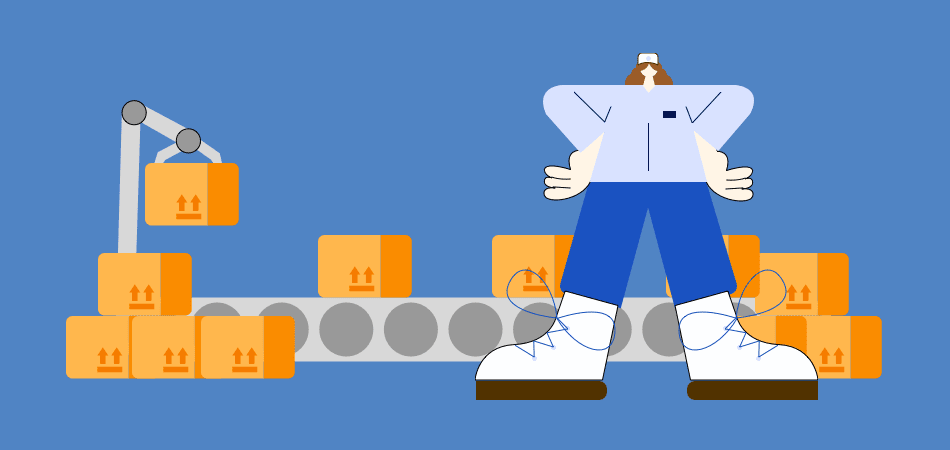
A fulfillment center is a critical component of any business’s distribution network, especially for e-commerce operations. Timely delivery is essential to creating a positive customer experience, and selecting the right fulfillment center is key to achieving this.
To maximize customer satisfaction, choose a fulfillment center that aligns with your customers’ expectations. One of the major advantages of online shopping is the vast selection of products, which can only be sustained when items are packaged and shipped efficiently. The right fulfillment partner ensures streamlined operations and keeps your customers happy.
What Is a Fulfillment Center
Before e-commerce, companies used warehouses to store goods and, in some cases, deliver them from them. As e-commerce began to grow, some warehouses stopped shipping because of cutting costs. What we need is a center for different activities on a whole new level. This is a fulfillment center.
The fulfillment center is the physical location with a warehouse where a third-party logistics (3PL) provider stores and fulfills customers' online orders for e-commerce merchants.

For example, Amazon operates fulfillment centers that fulfill e-commerce orders for Amazon sellers. This is known as Fulfillment By Amazon (FBA) service. This is a great enabler for smaller e-commerce outlets that don't want the worry and extra work of managing the last link of the outbound supply chain.
It is also worth noting that not all fulfillment centers do B2C (Business-to-Customers) work exclusively. Some centers operate only in the B2B (Business-to-Business) sector, while others may be syndicated. A good example is a large wholesaler that fills these orders through a 3PL provider, offering a variety of products to small retail stores with physical locations.
How a Fulfillment Center Works
A fulfillment center is usually a hive of activities that processes, picks, packages, and sends products to customers around the clock. They also receive inventory and have people collect items, pack boxes, label products, ship orders, and process returns.
To efficiently handle each fulfillment process, the fulfillment center has invested in cutting-edge technology to manage inventory, process orders, organize shipping, and do similar tasks. If you don't have the resources to store, package, and ship orders efficiently, a fulfillment center is your ideal solution. So how does a fulfillment center work?
1. Send the Products to the Fulfillment Center
If the fulfillment center is going to fulfill an order for you, it obviously needs to hold your inventory. This means that once you have predicted the demand and determined which orders you need the center to fulfill, you need to send the goods to the center for storage.
Once the fulfillment center receives goods from the suppliers, it usually records them using an SKU (stock-keeping unit). The 3PL provider that runs the fulfillment center must track every project.

Equally important, the fulfillment service provider keeps you up to date with the products. Consistent real-time communication ensures that your inventory management system is always accurate, even when goods are not under your own supervision.
The fulfillment center will then store your product until it is needed. This may mean they are sitting on shelves or trays or may be stored under certain conditions (refrigerated, etc.) if needed.
2. Order Are Received from Customers
When orders start pouring in it’s time for your fulfillment center to take action. The best centers will process orders quickly and communicate with you and end customers at every step of the way.
This might mean sending an order confirmation message at the beginning and then updating further. For example, the center should let you and your customer know when orders are picked up and sent and provide estimated delivery times.
Picking is also an important part of order fulfillment services. The fulfillment center usually uses avant-garde sorting and packaging technology to ensure that each order is generated and sent accurately. They will also pack your order in your own packaging or according to your specifications.
3. Delivery & Shipment Are Arranged
Fulfillment centers focus on moving goods as efficiently and economically as possible.
The fulfillment center will establish pre-existing relationships with major carriers and courier companies so that your order can take advantage of. This means savings in shipping costs due to economies of scale and a wider range of delivery options for your customers.
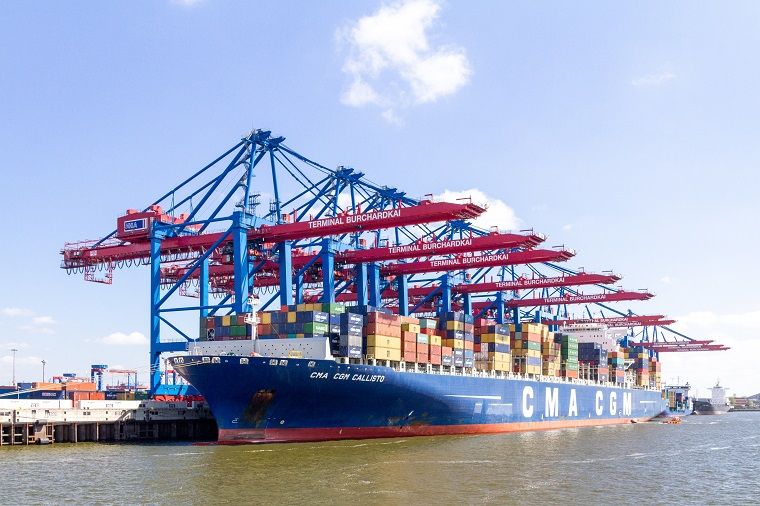
Now you know that fulfillment center means to outsource the order fulfillment process to a third party. However, you might burn a lot of money from this expensive outsourcing cost if you are a novice who wants to start an online business on your own. Then dropshipping - a distribution model which doesn’t need inventory and warehouse - will smooth your journey of e-commerce.
Fulfillment Center vs Warehouse
People often get confused with the two terms, which is perhaps not surprising, as there is some overlap in both of their purposes.
Fulfillment Center Deliver Products
The fulfillment center is a highly active place. While it does have shelves for storing goods, the fulfillment center's purpose is to deliver, not store. Fulfillment centers are packed with workers handling incoming inventory, picking products to fill orders, packaging orders, and shipping them to customers.
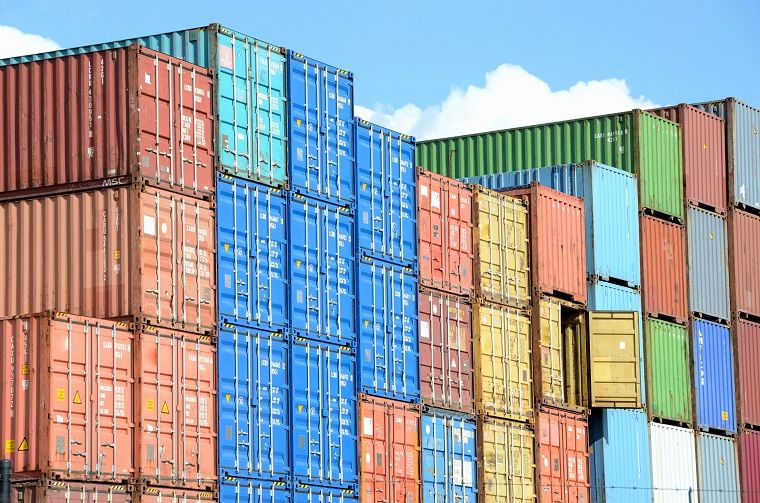
Some big companies have their own fulfillment centers, while most e-commerce companies use the services of 3PL companies to fulfill their responsibilities. The goal of the fulfillment center is to get products in and out quickly. The items on the shelves are losing money for the companies that own them.
Fulfillment services work with retailers, e-commerce companies, corporations and fulfill B2B and B2C orders and ship goods to end-users. For example, when customers order an article of new clothing online, it might be shipped from a fulfillment center instead of a warehouse. Of course, large shoe retailers may store additional shoes in warehouses and ship them from warehouses to fulfillment centers every few months.
Warehouses Store Products
The term warehouse usually refers to a building whose function is very different from that of a fulfillment center.
Warehouses can be used for long-term storage or as a place for short-term storage inventory. Some big companies own and can store the products in private warehouses. Others rent space in public warehouses.

A bonded warehouse can be used to store imported goods until the importer pays taxes. Warehouses are usually static spaces with few employees and little movement of goods in and out on most days. To optimize storage efficiency, it's important to consider popular warehouse shelving options.
Most warehouses do business with wholesale retailers or B2B orders involving a large number of products. Warehouses typically do not ship products to external customers or end-users. Instead of buying their own warehouse and hiring staff to manage it, businesses can rent space and share costs with other companies.
Pros & Cons of Fulfillment Center
By outsourcing the order fulfillment phase of the online purchasing process, you can see many benefits that can help you and your business:
▪ Shipment Costs - Many fulfillment providers have years of experience in this area. The fulfillment centers may have several physical locations at strategic points in different states or locations. This enables them to perform tasks for far less than you could by doing all the work yourself.
For new routes, they will have special software that gives them the ability and knowledge to get preferential rates or negotiate lower freight rates.
▪ Operating Costs - Using a fulfillment center can significantly reduce your operating costs. By saving on warehouse space and staff costs, your money can be used to find a good fulfillment center.
▪ Space - The biggest e-commerce companies may have vast spaces, but most - even some older brands - have much more limited space. This severely limits the ability to store inventory and thus limits the sales and profit potential.
By using an order fulfillment center, you can eliminate many of these barriers. Keep in mind that this is not only about the actual space of the product itself but also about the materials needed for packaging and transportation, from foam packaging to boxes and cartons.
▪ Focus on What's Important - Yes, order fulfillment is certainly important, but it can be a time-consuming area that can take your attention away from other aspects of your business. By using the fulfillment center solution, you can continue to focus on the core of your business: sourcing and selling goods, building brand awareness and bringing in new channels and customers.
It all sounds easy, doesn't it? You perform process outsourcing, allowing you to focus on operating and developing a successful e-commerce business. However, as with any business decision, there are some considerations to keep in mind when choosing to use a fulfillment center.
Lack of Control
Using a fulfillment center means that you will perform outsourcing. By definition, this means that you have no control over the picking, packaging, or shipping of each order. Giving up that control means you can’t ensure the best experience for your customers.
You must trust the fulfillment center to whom you are outsourcing your performance. Consistent communication and integration of systems can help in this regard. The best fulfillment centers keep you updated on your order progress and provide real-time inventory updates. This way, you feel like you're giving up less control. But you are just informed of the process, and you do give the control to the fulfillment center.
Quality of Service
When you use a fulfillment center, you trust the company that runs it and have a huge customer experience. Errors can lead to sub-par experiences.
Staff at the center may pick orders incorrectly, or they may miss them altogether. This is a surefire way to upset your customers. However, if you handle order fulfillment yourself, such human error situations can and will occur.
Lack of Transparency
As we've mentioned many times, the best fulfillment centers are in constant communication with their clients. However, without this continuous communication, the use of a fulfillment center can lead to transparency issues.
Without updates and information flow from the fulfillment center, you won't be able to keep track of orders and inventory. This could mean that you can't keep customers informed of their orders properly, or that you're even overselling products that you don't actually have in stock. These are situations that any business wants to avoid.
Now you have a comprehensive impression of the fulfillment center. You might have noticed that outsourcing the order fulfillment process to a fulfillment center allows you to hand over responsibilities and costs associated with warehouse management and focus on sales. If your initial capital is considerable, a fulfillment center is your choice.
| Get Started Now to Grow Your Online Business with the Best AliExpress Dropshipping Tool - DSers! |
But for starting an online business from scratch with a limited budget, why not choose dropshipping as your distribution model as mentioned before. Saving money on outsourcing and spending more on marketing your online business brings you more sales. By the way, dropshipping has already been a matured industry and many handy tools like DSers are aiming to take people’s stores to next level.
Final Word
Supply chains usually have both distribution centers and fulfillment centers. Distribution centers are transit hubs for goods because they change the way they are transported. Fulfillment centers, by contrast, hold products until they are shipped to customers.
Most e-commerce participants need a fulfillment center rather than a distribution center. However, these enterprises need to find the right order fulfillment service provider that is fast, effective, reliable, and efficient.




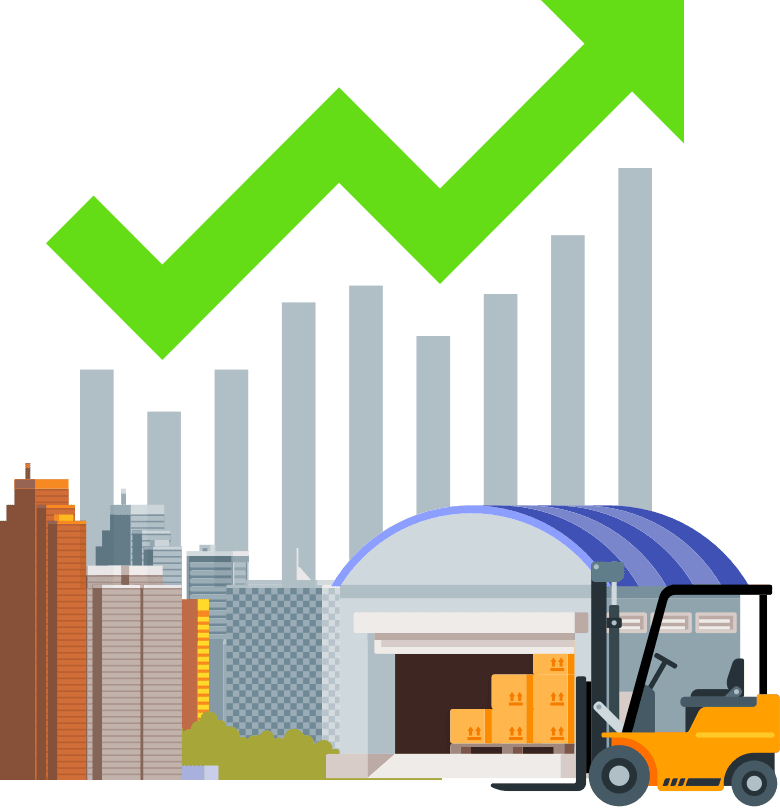
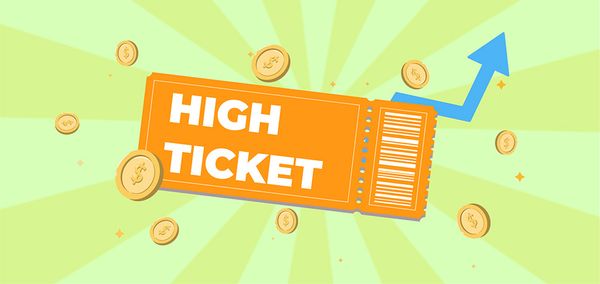
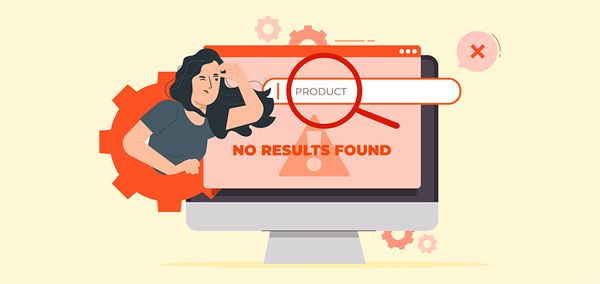






 Company
Company
 Why Choose DSers
Why Choose DSers
 Blog
Blog
 Help Center
Help Center




 Live Chat
Live Chat